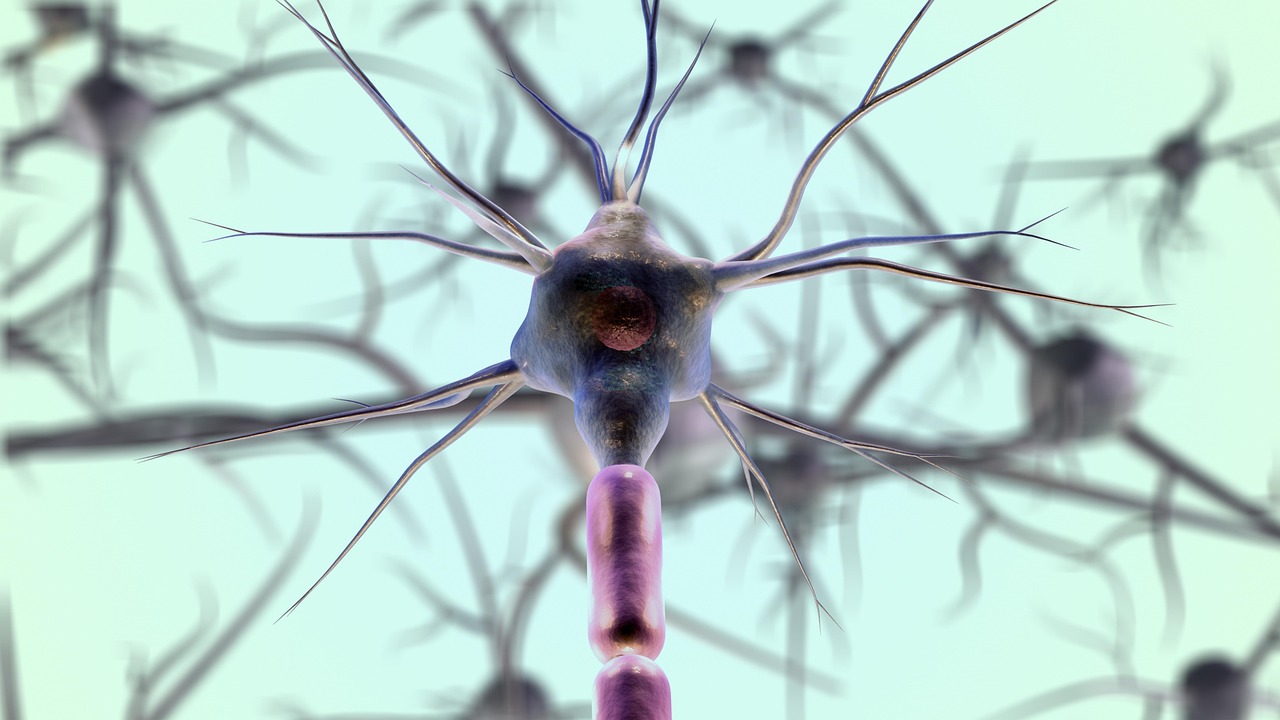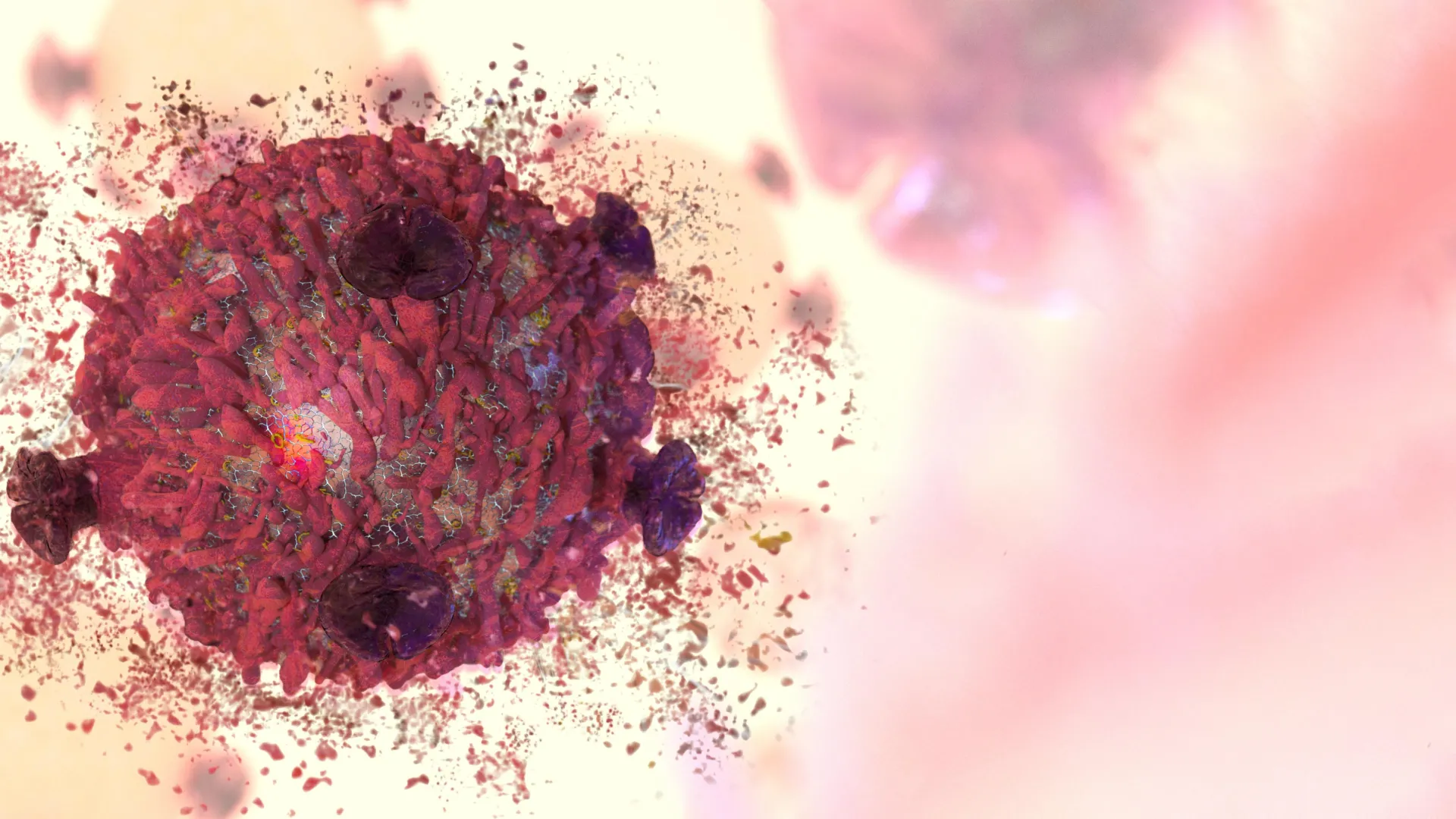In what experts are calling a paradigm-shifting landmark study, scientists from The Ohio State University Comprehensive Cancer Center – Arthur G. James Cancer Hospital and Richard J. Solove Research Institute (OSUCCC – James) report key findings…
Category: 5. Health
-

Trump Tries To Turn The Clock Back On Energy
In this week’s edition of The Prototype, we look at how the Administration is trying to turn back the technological clock, a startup building giant robot boats, manipulating DNA with electricity and more. To get The Prototype in your inbox,
Continue Reading
-

What Canceling The U.S. Federal Government’s Hunger Survey Means
LOS ANGELES, CALIFORNIA: Seth Green attends Feeding America Hosts Hunger Action Month Event At the Los Angeles Regional Food Bank.(Photo by Jon Kopaloff/Getty Images for Feeding America)
Getty Images for Feeding America
Hunger and food insecurity…
Continue Reading
-

As an OB-GYN, I see firsthand how misleading statements on acetaminophen leave expectant parents confused, fearful and lacking in options
When President Donald Trump adamantly proclaimed in a press conference on Sept. 22, 2025, that pregnant women should not take Tylenol, I immediately thought about my own experiences during my second labor. While pushing for nearly three…
Continue Reading
-

Pfizer Bets Big On Obesity Market
Pfizer HQ in New York City
getty
Pfizer $4.9 billion cash acquisition of Metsera, a clinical-stage biotech focused on next-generation obesity drugs, is more than another high-profile deal in pharma’s dealmaking spree. It signals a strategic…
Continue Reading
-

Nearly 80% Of Americans And Most MAGA Republicans Want ACA Tax Credits, Poll Shows
Nearly 80% of Americans – and more than half of Republicans – want Congress to extend tax credits for those with individual coverage under the Affordable Care Act also known as Obamacare, a new KFF poll shows. Whether to extend the tax credits…
Continue Reading
-

A flu test you can chew
Flu season is fast approaching in the northern hemisphere. And a taste-based influenza testcould somedayhave you swapping nasal swabs for chewing gum. A new molecular sensor has been designed to release a thyme flavor when it encounters the…
Continue Reading
-

Millions could be living with hidden smell loss after COVID without knowing
People who suspect that their sense of smell has been dulled after a bout of COVID-19 are likely correct, a new study using an objective, 40-odor test shows. Even those who do not notice any olfactory issues may be impaired.
Led by the National…
Continue Reading
-

New Groundbreaking Scoliosis Study 8 Years In The Making: What To Know
X-ray image of adult patient spine showing scoliosis surgery. Scoliosis surgeries are effective but expensive.
getty
A groundbreaking scoliosis study, recently published in the Journal of the American Medical Association and presented at the 2025…
Continue Reading
-

Researchers Reveal Autoimmune Response in Patients with ALS
Amyotrophic lateral sclerosis (ALS), also known as Lou Gehrig’s disease, is a neurodegenerative disease that affects the neurons in the brain and spinal cord. In the United States alone there are fewer than…
Continue Reading
